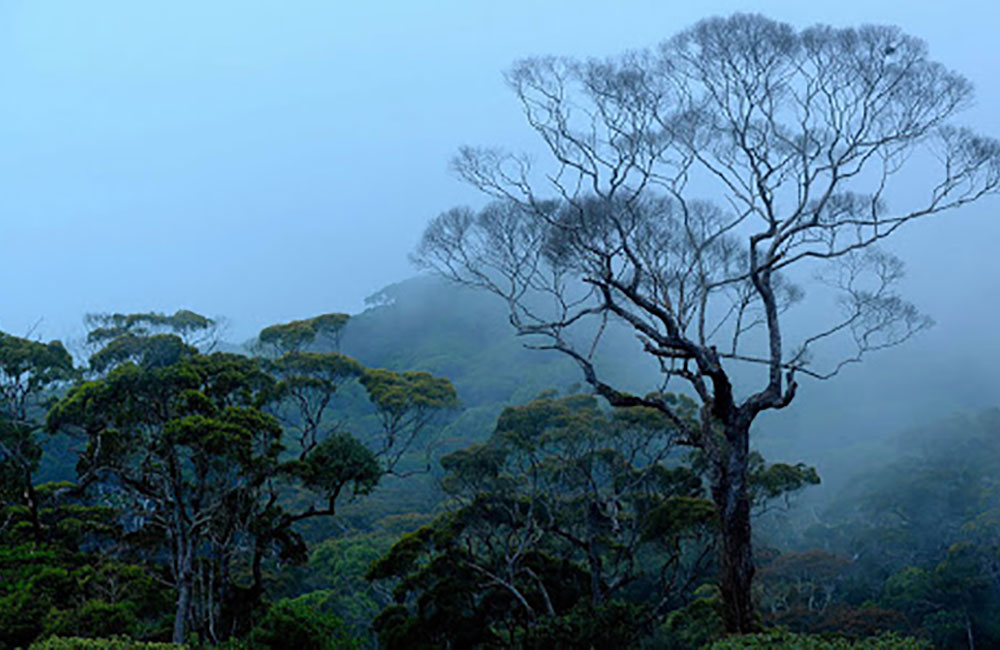The world faces huge crises now, such as the economic crisis, the ecological crisis and the social crisis. The world has passed lots of ecological crises both natural and manmade. Why do people destroy nature? There is a main reason that could be found for environmental destruction in the world. The world thinking pattern focuses on increasing economic value and taking care of economic goods. That is the main focus of every state and many people that live in the World. Since five hundred years ago, knowledge has been used to protect the economy and their patterns. William Petty introduced the Gross Domestic product (GDP) to measure economic value as a need of the King of England in 1660.
GDP is the total monetary or market value of all the finished goods and services produced within a country's borders in a specific time period. As a broad measure of overall domestic production, it functions as a comprehensive scorecard of a given country’s economic health.
After Bretton Woods agreements in 1944, the world considers GDP as the best indicator to measure development in a country. If any country has a higher GDP rate that is considered as a developed country while another state with a lower rate is considered as an under developed or poor country.
However, GDP has many problems on its measurement. For example, if some people or community grow their foods and eat themselves without buying any food in the market, that activity or other self-sustainable activities or services cannot be measured by GDP.
GDP concerns self-sustainable communities and states as poor. If any communities want to be developing according to GDP, the community has to give up self-sustainable activities and should join with the market economy.
Indicators determine policies. The almost universal use of GDP-based indicators to measure progress has helped justify policies around the world that are based on rapid material progress at the expenses of environmental preservation, cultures, and community cohesion.
Economic development could not sustain the natural world. That is the main debate that we have after Covid-19. With the lockdown, lots of people in western countries started to talk about the value of human health and happiness. As the Buddha said, “Aroghya Parama Labha Santushti Paraman Dhanan” (good health condition is our profit and happiness is our uncountable capital).
We knew that money couldn’t bring healthy life for the people and it could not bring real happiness for the society. That’s why we are in trouble as a global village. People create fear for every animal and plant. They destroy every water shade and jungle. They destroy natural mountains and create garbage mountains. No one feels safe about the future.
That is the reason why we need an art for living ‘which can bring happiness, health and safety for the world, animals, trees and human being”.
The Royal Government of Bhutan adopted the Gross National happiness (GNH) index in November 2008. GNH has four pillars: the promotion of equitable and sustainable socio-economic development, preservation and promotion of cultural values and conservation of the natural environment, and the establishment of good governance.
The GNH indicators have been designed to include nine core dimensions that are regarded as components of happiness and well-being in Bhutan, and are constructed of indicators which are robust and informative with respect to each of the dimensions. The nine dimensions were selected on normative grounds, and are equally weighted, because each dimension is considered to be relatively equal in terms of equal intrinsic importance as a component of gross national happiness. Within each dimension, several indicators were selected that seemed likely to remain informative across time, had high response rates, and were relatively uncorrelated. The nine dimensions are:
-
Psychological Well-being
-
Time Use
-
Community Vitality
-
Culture
-
Health
-
Education
-
Environmental Diversity
-
Living Standard
-
Governance
In this perspective, happiness comprises having sufficient achievements in each of the nine dimensions. The Royal Government of Bhutan has 60% of natural forest cover out of the total land area of the country. The King of Bhutan promised not to destroy the forest cover of the country and protect its rich bio diversity for sustaining not only the country but also the global village on this planet earth.
Not only Bhutan but many indigenous communities try to protect their traditional way of living with mother earth. They know that real happiness entails protecting the animals, trees, rivers and ecosystems with the people. We need a holistic way of thinking and living to protect our society and natural world. Now we are late but not too late for an art of living.
Raveendra Kariyawasam

Leave your comments
Login to post a comment
Post comment as a guest